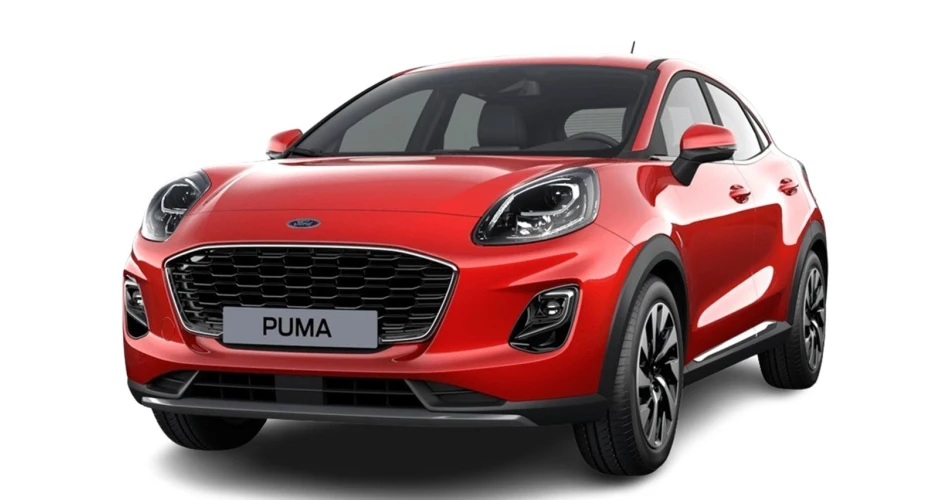The cars tested were the Kia Sportage 1.6 T-GDI equipped with a 48V mild-hybrid system; the Mercedes‑Benz T‑Class T180; the Land Rover Range Rover D350; Ford Focus 1.0 EcoBoost Mild Hybrid and the Ford Puma 1.0 EcoBoost Flexifuel.
Bioethanol is an alternative fuel of growing interest in some European countries, particularly in France, where prices are significantly lower, infrastructure is gaining in capacity and the number of flex fuel cars registered represents 2.2% of vehicle registrations. The CO2 emitted by a bioethanol fuelled vehicle, is absorbed from the atmosphere by the biomass source while the plant is growing, therefore no new CO2 is added to the environment. If you consider the entire life cycle of a biofuel, there are also greenhouse gas emissions related to the production and supply of the biofuel, for example emissions from nitrogen fertilization during raw material cultivation in agriculture and the conversion of biomass to ethanol due to the use of fossil energy. In the test with E85, the Ford Puma Flexifuel scores an impressive 6.9/10 points in the Greenhouse Gas Index, which is a significant improvement on climate impact compared to the score of 3.7/10 achieved by the same vehicle running on standard petrol fuel. Overall, the Ford Puma 1.0 EcoBoost Flexifuel achieved a three‑star rating running on bioethanol E85, whilst the results were sufficient for a two and a half star rating in the standard fuel case.
The Mercedes T‑Class also scored two and a half Green stars, thanks mainly to its good Clean air index performance. The Range Rover D350 ended with a one and a half Green stars score, while the Ford Focus scored a two and a half star rating. The Kia Sportage 1.6 T‑GDI with a 48V mild-hybrid system achieved a two star rating.
Dr. Aleksandar Damyanov, Green NCAP’s technical manager commented, “In the transport sector there are a range of possibilities that will contribute to a reduction in greenhouse gas emissions, depending on the local situation and available resources. In the transition phase to clean and green mobility, full powertrain electrification could be effectively supported by other climate friendly options such as biofuels. Biofuel blending – FAME and HVO to diesel (B7) and bioethanol to gasoline (E5, E10) – is state of the art in Europe and required by law. If surplus bioethanol amounts are available, the blending share can be increased and E85 could be a viable fuel for some applications. In the short term, flex fuel vehicles are a cost effective and efficient technical choice in the transition, provided the ethanol used complies with sustainability and socio-economic criteria. Here at Green NCAP, we congratulate Ford for placing the Puma as a flex fuel option on some markets”.
